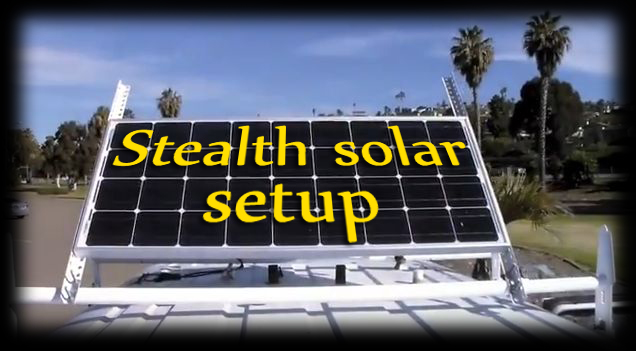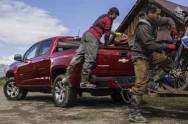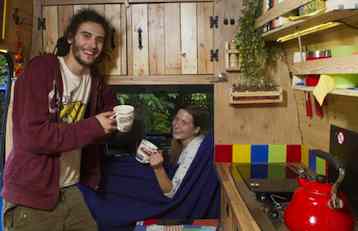Win a Tiny Home ($100 purchase necessary)
Social Entrepreneurs at SustainaFest have announced the Tiny House Essay Contest, which will make one person’s dream of sustainable living come true.
The winner of the prixe – its halfway between a competition and a very expensive lottery, will assume ownership of a 210-square-foot, hyper- efficient, off-grid home built by Maryland middle and high school students.
Contestants are required to submit $100 and an essay of 350 words or less answering the question, “What are your keys to living a sustainable lifestyle and how would owning a Tiny House help you realize your dream of living that lifestyle?”
Submissions must be entered by June 1 and will be evaluated by a panel of academics and so-called celebrity judges. A winner will be announced by June 15.
In 2014, sustainability experts and students from around Maryland engaged in a month-long exploration through SustainaFest’s Student Sustainability Lab, sponsored by a housebuilding company and an investment broker.
“The program allowed students, educators, professionals and military veterans to combine forces and build this tiny house – a fully habitable, hi-tech, mobile dwelling,” said George Chmael, director of SustainaFest.
“We now want to share the wonder of this construction marvel with a deserving recipient and spread the word about making more sustainable lifestyle choices,” said Chmael. “(The) contest is a far superior alternative to selling to the highest bidder and makes home ownership attainable for one fortunate person regardless of the size of their bank account.”
SustainaFest has now designed its own tiny house models, with an eye toward addressing the challenges faced by our community’s most needy members, including the homeless and struggling military veterans.
The organization will continue to build houses with students this year and beyond. All proceeds from the contest will support these efforts.
To learn more about SustainaFest, including complete contest rules and how to submit your essay, visit www.sustainafest.org or email info@sustainafest.org.…

















